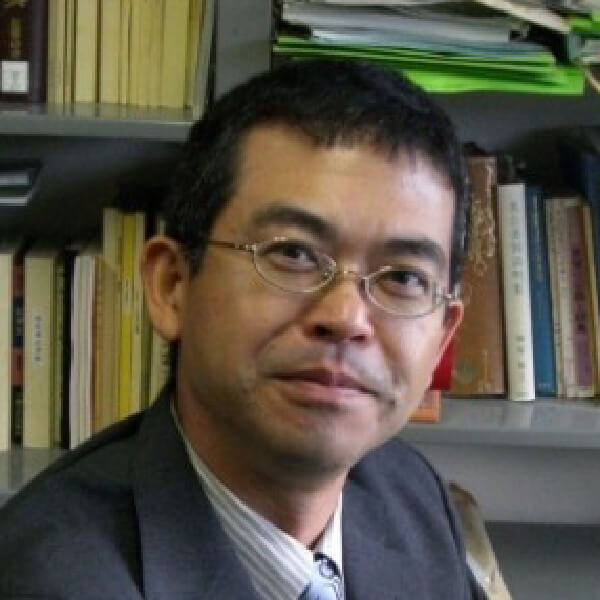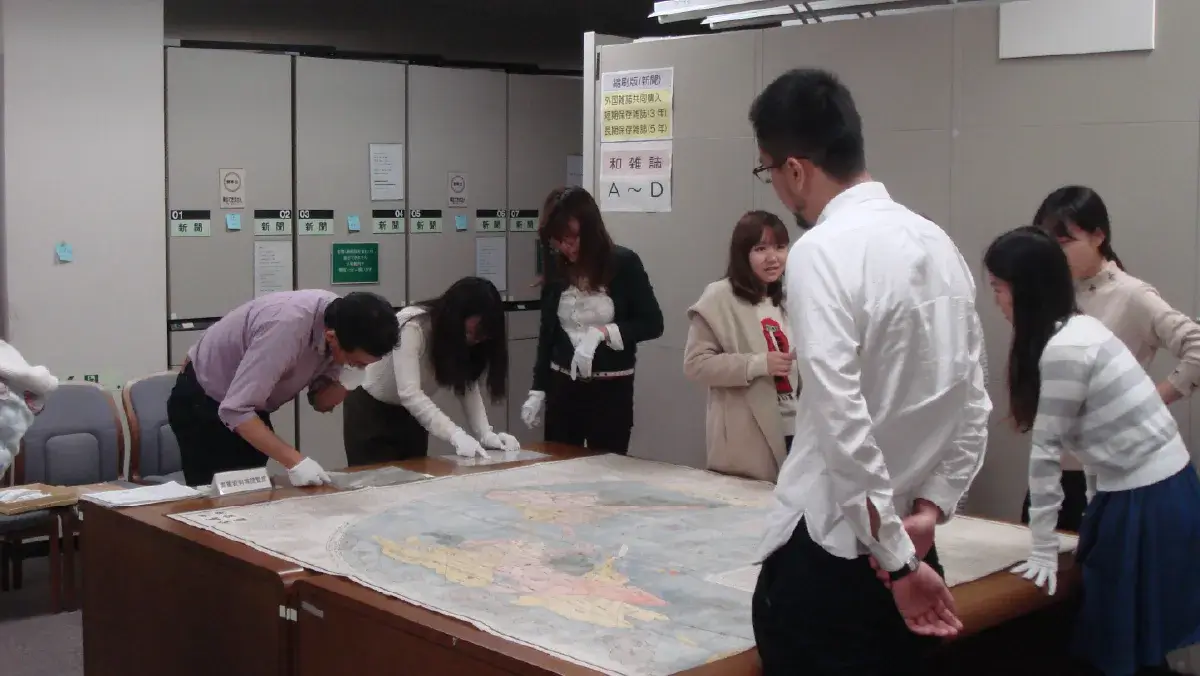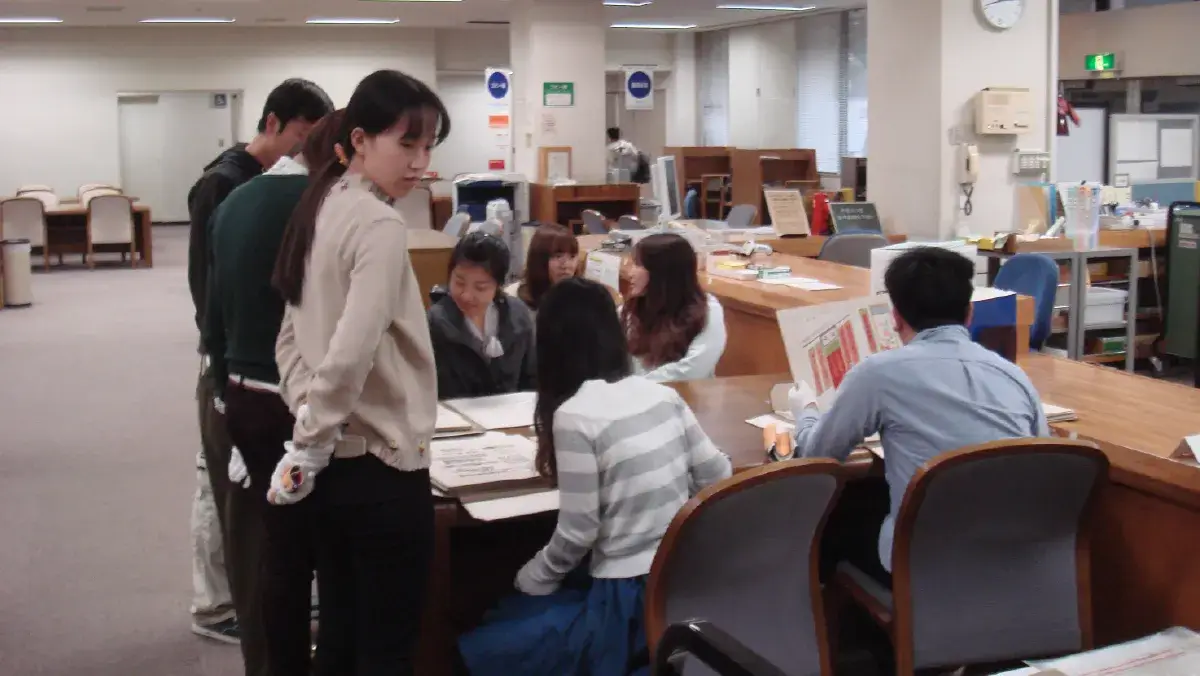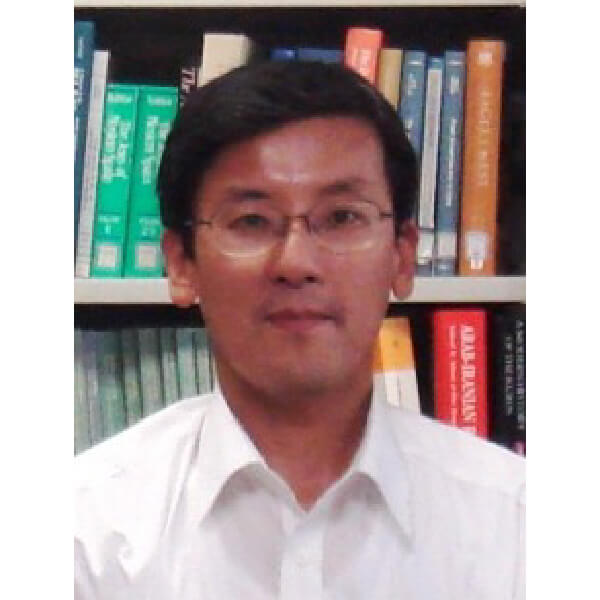The Asia-Africa Research Chair was established with the aim of elucidating the present-day realities of two main regions: the Islamic region, which covers a very large area from Southeast Asia to North Africa; and the Islamic region, which has played a role in maintaining the bonds of the Asia-Africa region until the modern era, but has also been a source of friction.
While Islamic regions have played a role in maintaining the bonds between Asia and Africa until the modern era, they have also been a source of friction. Empirical studies of the characteristics of Islamic regions are needed now more than ever. Second, China is now a superpower. Although it may seem counterintuitive, the basis of China's development as the world's political and economic leader can be found in its history and culture. From this perspective, we believe it is important to consider China's presence in Asia and Africa in the 21st century.
Students in this course are expected to focus on the history and culture of Asia and Africa in its period of change, with an emphasis on the history and culture of the Islamic region or China, and to master Arabic, Chinese, or other official languages of the United Nations as necessary, and to pursue individual, cross-disciplinary, and creative research and write a dissertation, ultimately becoming highly qualified professionals, teachers, or researchers active on the international stage. In the end, students are expected to become highly-skilled professionals, teachers, or researchers who can play an active role in the international community. To this end, our department has staff members who specialize in research on West Asia, North Africa, and China, and we have a guidance system that allows students to acquire the necessary academic skills in a deliberate manner.









